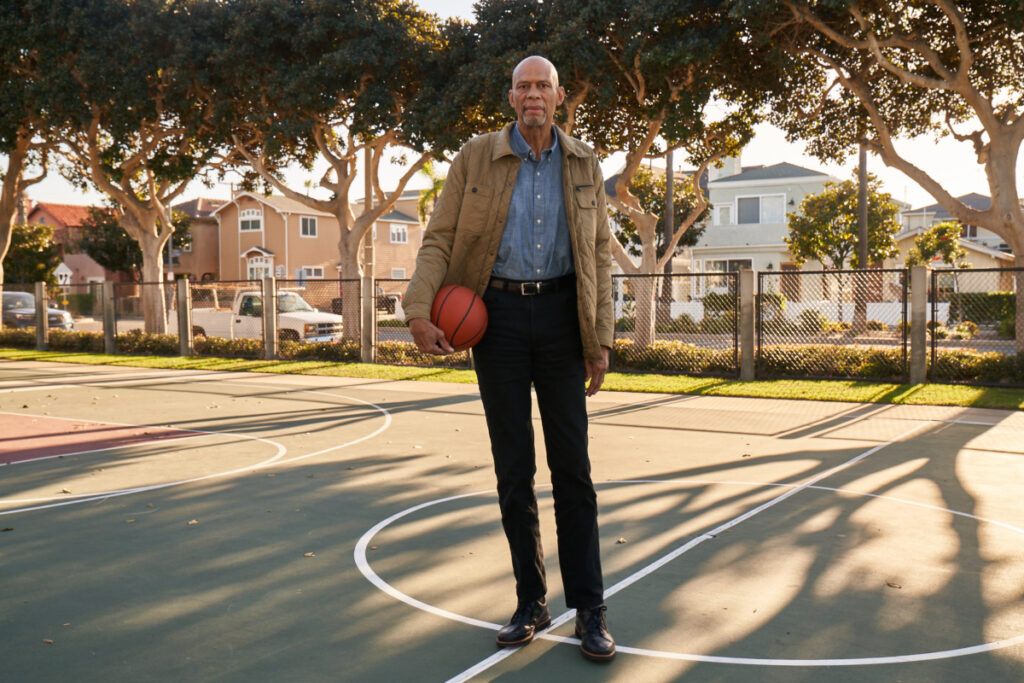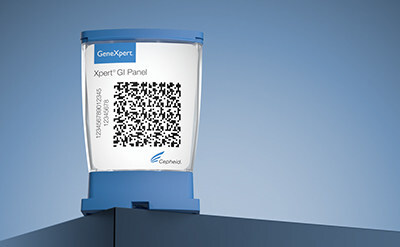Pfizer, Bristol Myers Squibb (BMS) and basketball Hall of Famer Kareem Abdul-Jabbar have teamed up for the No Time to Wait Campaign to raise awareness about atrial fibrillation (AFib) and its symptoms.
The campaign features a TV ad in which the basketball legend shares his experience with the condition, including what led to his diagnosis. He also encourages others to speak to a healthcare professional if they are having symptoms.
“When I first started to experience symptoms like shortness of breath and light-headedness, I dismissed them until they reached a point where I could no longer ignore them and I ended up in the hospital where I was diagnosed with AFib,” explained Abdul-Jabbar in a press release.
“I’ve joined the No Time to Wait campaign with Bristol Myers Squibb and Pfizer because I want my experience to help others understand the symptoms of AFib. Health is nothing to play around with. I hope my story can help motivate others to speak with a healthcare professional if they are experiencing symptoms.”
The most common symptoms of AFib include irregular heartbeat, racing heart, chest pain, shortness of breath, fatigue and light-headedness.
Related: Fitbit Sense 2 Smartwatch with AFib Detection to Launch This Fall
AFib results in more than 454,000 hospitalizations and contributes to about 158,000 deaths each year in the US. The prevalence of AFib is one to two percent in the country. Approximately 9.5 million people in the US are projected to have AFib in 2023. Concerningly, a lot of people remain undiagnosed because of dismissing symptoms as they can come and go and vary.
AFib increases the risk of stroke by about five times, making it important to seek medical attention if people are having symptoms.
February also happens to be American Heart Month (AHM), which is marked every year to bring awareness around cardiovascular health.
According to the Centers for Disease Control and Prevention (CDC), heart disease is the leading cause of death for men, women and people of most racial and ethnic groups in the US.
In 2020, approximately one in every five deaths in the US was attributed to heart disease. Every year, about 805,000 Americans have a heart attack.
In the No Time to Wait video campaign, Abdul-Jabbar describes how he couldn’t do things without losing his breath and although he felt something may be wrong, he didn’t think it was anything serious.
But then “Every physical exertion seemed to exhaust me. I knew something was wrong. Then I went to a baseball game with some friends, and I couldn’t deal with any exertion. And finally, I went from the baseball game to the hospital where I was diagnosed with AFib.”
He says he shouldn’t have ignored his symptoms and wants other people to learn from his experience. “When I first noticed symptoms, I should have gone to the doctor and told them what was happening. Instead, I tried to let it pass.”
The Hall of Famer describes some of the symptoms of AFib such as irregular heartbeat and said these signs should prompt people to talk to their doctors.
At the end of the video, the basketball legend says, “when it comes to your health, this is no time to wait.”
BMS and Pfizer’s No Time to Wait campaign was first launched in 2020 when the partners joined other drugmakers launching campaigns at the time to help encourage people to keep up with doctor visits during the pandemic. According to IQVIA, primary care office visits dropped by 50 percent during roughly the first three months of the pandemic from April through to June compared to the same time period in the previous two years.
BMS-Pfizer Alliance’s initial campaign focused on three health conditions — AFib, deep vein thrombosis and pulmonary embolism, which are all treated by the duo’s blockbuster anticoagulant Eliquis (apixaban). The campaign included TV ads to raise awareness around the conditions and urged people to get immediate medical help if experiencing symptoms.
Despite uncertainties due to the pandemic, sales of Eliquis grew in the past two years. In 2022, BMS reported sales of $11.8 billion, with a 21 percent uptick in US revenues that drove the growth. Pfizer’s revenues and direct sales from the Eliquis alliance amounted to $6.5 billion.












Join or login to leave a comment
JOIN LOGIN